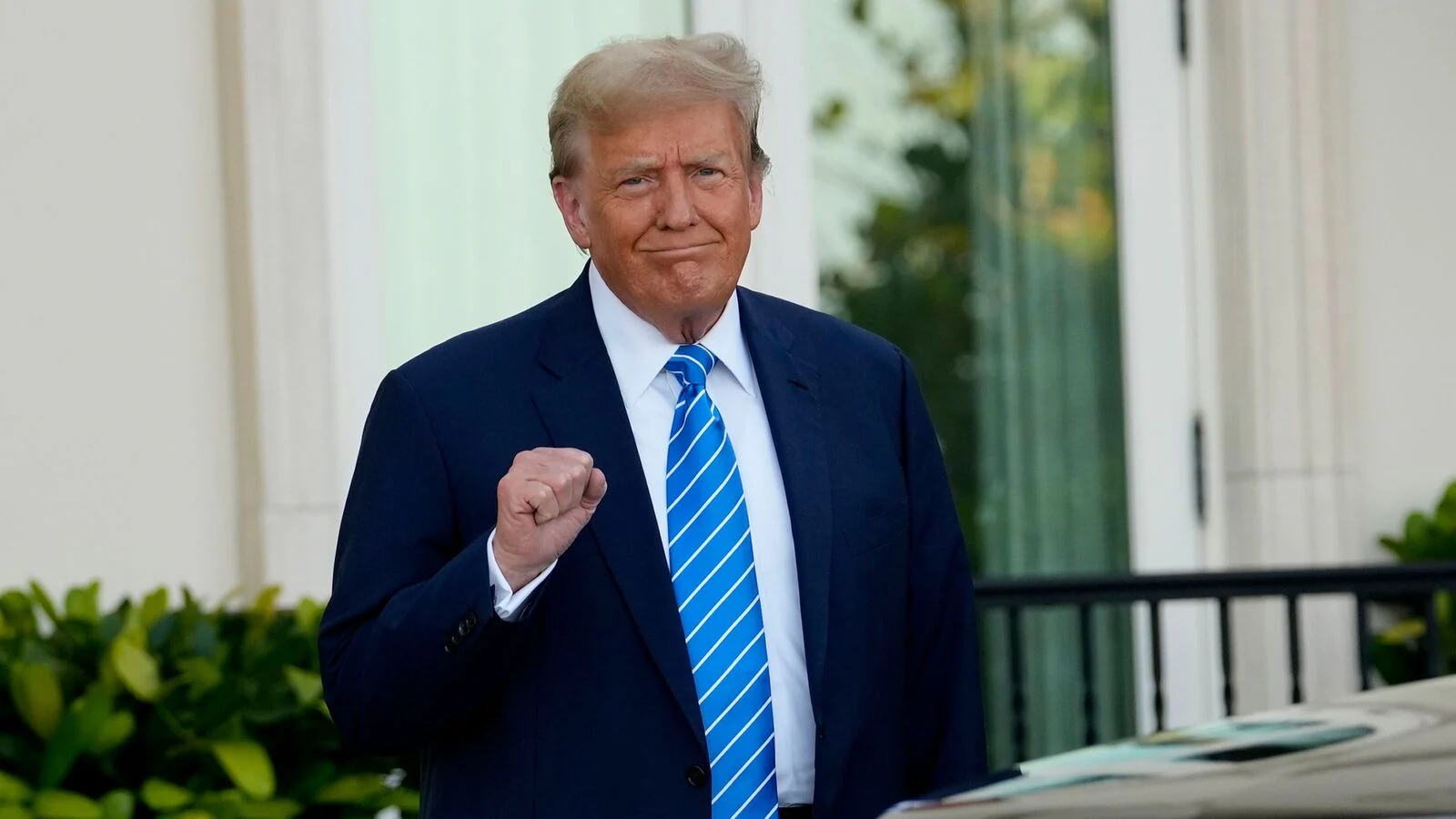Former President Donald Trump recently revealed in a private meeting that, if reelected, he plans to impose an “all tariff policy,” resulting in the elimination of income taxes for Americans. Trump’s advocacy for tariffs isn’t new; during his first term, he used them as a key tool in foreign policy and negotiations. However, this proposal raises significant questions about its potential impact on the economy, particularly for the upper middle class. GOBankingRates consulted political and financial experts to gauge the potential effects.

Increased Take-Home Pay
Without income taxes, workers would see an immediate increase in their take-home pay. This boost in disposable income could stimulate the economy as the upper middle class, defined as households earning between $150,000 and $200,000 annually, would have more money to spend on goods and services. Chuck Warren, host of the political podcast “Breaking Battlegrounds,” suggests that this could drive economic activity in sectors such as retail, real estate, and luxury goods.
Real Estate Market Dynamics
While increased disposable income may lead to higher consumer spending, it could also result in higher real estate prices. Jim Ronan, a political science lecturer at Villanova University, warns that higher tariffs and inflation could drive up real estate prices. This increase, combined with rising costs of other goods and services, might offset the benefits of having no income tax.
Loss of Tax Deductions
The elimination of income taxes would also mean the loss of valuable tax deductions. Many upper middle class households benefit from deductions on mortgage interest, charitable donations, and other expenses. Chuck Warren notes that without income taxes, these deductions could disappear, forcing individuals to reconsider their financial strategies.
Widening Income Inequality
The upper middle class, earning between $150,000 and $200,000 annually, is distinct from the top 1% and the ultra-wealthy top 0.1%, who earn over $819,324 and $3.3 million on average, respectively. Eliminating income taxes would disproportionately benefit the wealthiest individuals, widening the gap between them and the upper middle class. Historical data shows that increased income inequality can slow economic growth and reduce opportunities for education and higher wages across all classes.
Trump’s proposal to eliminate income taxes in favor of an all-tariff policy presents a mixed bag of potential outcomes. While increased take-home pay and consumer spending could boost certain sectors, the upper middle class might face higher real estate prices, loss of tax deductions, and a growing income gap with the ultra-wealthy. The long-term effects on economic growth and equality remain uncertain, requiring careful consideration and analysis.